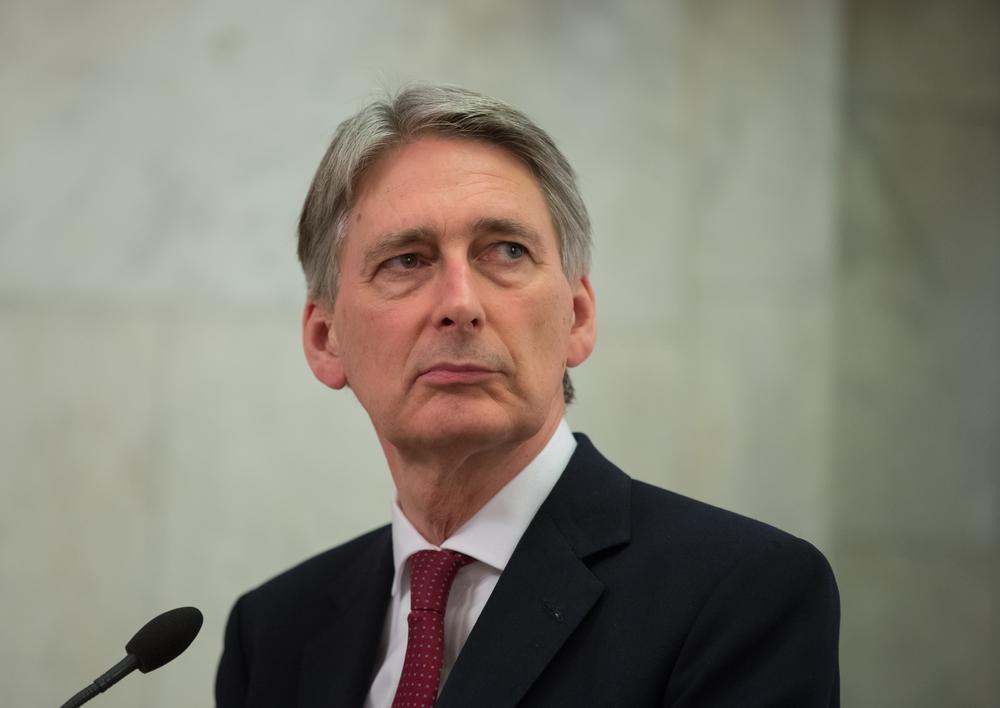The analysis by the Resolution Foundation has found that the income tax cuts in Philip Hammond’s Budget will “overwhelmingly benefit richer households”.
One of the first independent analyses of the Budget has highlighted that the previous cuts to welfare will continue and poorer households will not feel the positive benefits of the tax cuts.
The top 10% of households are to gain most from the new Budget proposals, gaining £410 a year. Poorer households will gain around £30 a year.
There are still £12 billion in welfare cuts, which were announced after the 2015 election, that remain in government policy.
Torsten Bell, who is the director of the Resolution Foundation, said: “The chancellor was able to navigate the near impossible task in his Budget of easing austerity, seeing debt fall and avoiding big tax rises, thanks to a £74 billion fiscal windfall.”
“He chose to spend the vast majority of this on the NHS, income tax cuts and a welcome boost to Universal Credit.”
“But while yesterday’s Budget represented a seismic shift in the government’s approach to the public finances, it spelt an easing rather than an end to austerity – particularly for low and middle-income families.”
“Income tax cuts announced yesterday will overwhelmingly benefit richer households, with almost half of the long-term gains going to the top 10% of households,” Bell added.
“On public services the NHS saw a big spending boost – but unprotected departments still have further cuts pencilled in.”
The income tax cuts will cost the government £2.7 billion next year.
The 20% tax band will rise to £12,500 next year from the £11,850 it currently starts at. The 40% tax band will begin at £50,000 from April from the current £46,350 earnings.




